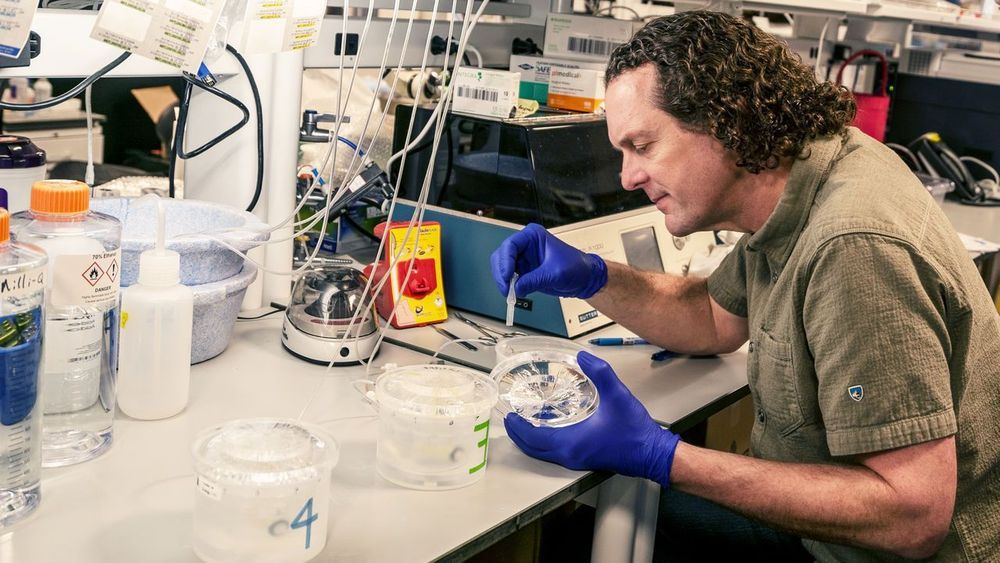“The possibility that 100 years old might become the new 60” : EXCELLENT SLOGAN that doesn’t resort to the troublesome” I word” (“Immortality”)! Good article to share with non-science friends: light on hard science, but good emotional impact, incl. that catchy slogan.
Technology hasn’t just improved our lives; it’s also extended them — considerably.
For most of history, humans lived about 25 years. Real acceleration emerged at the turn of the 20th century, when everything from the creation of antibiotics to the implementation of better sanitation to the increased availability of clean water, and the ability to tackle killers like cancer and heart disease has us living routinely into our 80s. But many scientists believe we’re not stopping there.
Technological convergence is fueling this conviction. The intersection of artificial intelligence, cloud computing, networks, sensors, robotics, massive datasets, biotechnology and nanotechnology is taking direct aim at the limits of human lifespan.




